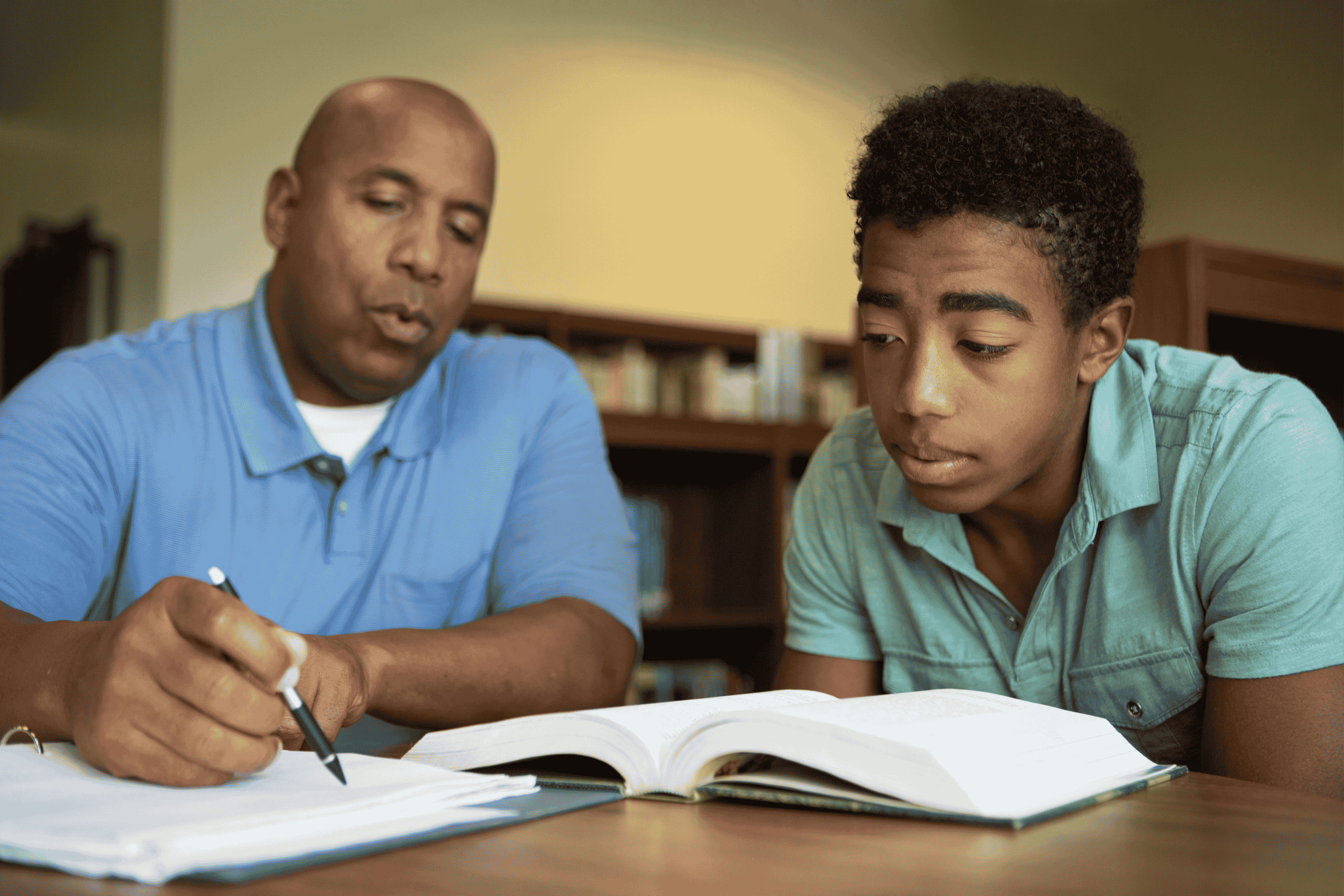Introduction
In today’s fast-paced and high-pressure world, students face more emotional challenges than ever before. From academic stress to social expectations, the emotional load can be overwhelming. Educators play a crucial role not only in shaping young minds but also in supporting their emotional well-being. When students feel seen, safe, and supported, their capacity to learn and grow expands in powerful ways.
Understanding Emotional Well-Being in Education
Emotional well-being is more than just being happy. It’s about helping students build self-awareness, resilience, and the ability to manage emotions in healthy ways. In the classroom, this looks like creating an environment where students can express themselves, feel accepted, and learn coping skills that will serve them throughout life.
The Importance of Emotional Support in Schools

Supporting emotional well-being isn’t a side task for teachers — it’s central to effective education. When students feel emotionally secure, they’re more engaged, motivated, and open to learning. A balanced focus on academics and emotional health helps students build confidence, handle setbacks, and develop empathy for others.

Strategies for Supporting Emotional Well-Being
There are many practical ways educators can nurture emotional well-being in students:
Build trust and connection. Take time to know your students beyond academics. A simple conversation can mean more than you realize.
Encourage emotional expression. Give students space to talk about their feelings — through discussion, journaling, or creative projects.
Model emotional intelligence. Show students how to manage stress, resolve conflict, and communicate respectfully.
Integrate SEL (Social Emotional Learning) into lessons. Simple practices like mindfulness, group reflections, or empathy exercises can make a lasting impact.
Recognize signs of emotional distress. Early recognition allows timely support and intervention when needed.
Overcoming Challenges in Supporting Students
Many educators face limited time, heavy workloads, and lack of resources when it comes to addressing students’ emotional needs. But even small, consistent actions — like active listening or positive reinforcement — can create meaningful change. It’s not about doing more; it’s about being intentional in the moments that matter.
The Role of Self-Awareness for Educators
Before teachers can guide students toward emotional balance, they must also nurture their own. Practicing self-awareness helps educators manage stress, avoid burnout, and respond to students with empathy instead of frustration. When teachers take care of their emotional health, they model the same behavior they hope to inspire in their students.
Fostering an Emotionally Safe Learning Environment
An emotionally safe classroom is one where every student feels respected, valued, and supported. This involves setting clear boundaries, celebrating diversity, and promoting kindness. Students who feel emotionally safe are more willing to take academic risks, share their thoughts, and engage deeply in learning.
The Impact of Emotional Well-Being on Academic Success
Research continues to show that emotional wellness and academic performance go hand in hand. Students who can regulate their emotions tend to focus better, solve problems effectively, and build healthier relationships. Emotional support doesn’t replace academics — it enhances it.

Supporting Emotional Growth Beyond the Classroom
Emotional education doesn’t stop when the bell rings. Teachers can partner with parents, counselors, and communities to provide consistent emotional support. Activities like mentorship programs, open communication, and emotional check-ins can help reinforce emotional wellness outside of school walls.
Conclusion
Educators hold the power to shape not just the minds but also the hearts of their students. By prioritizing emotional well-being, teachers create classrooms that nurture resilience, compassion, and self-understanding. The impact of this work reaches far beyond school — it builds a generation of emotionally intelligent individuals capable of leading with empathy and strength.
At Mindarts, we believe that emotionally healthy classrooms create emotionally strong communities. Let’s continue to empower educators to teach from the heart — because when students feel supported, they don’t just learn better, they live better.
FAQs
1. Why is emotional well-being important for students? – It helps them focus, build confidence, and manage stress effectively.
2. How can teachers support students without feeling overwhelmed? – Start small with daily check-ins, empathy, and open communication.
3. What does an emotionally safe classroom look like? – A space where students feel seen, respected, and free to express themselves.
4. How can schools include emotional learning in lessons? – Through short reflections, group work, and mindfulness moments.
5. How can educators care for their own emotional well-being? – Set boundaries, take mindful breaks, and seek support when needed.
SHARE THIS
COMMENTS
Our mission is to guide individuals, teams, and organizations on transformative journeys of self-awareness and emotional intelligence. Through science-backed assessments, actionable insights, and tailored strategies, we empower people to unlock their potential, strengthen relationships, and achieve authentic success in both personal and professional life.
CONTACT INFO
@2025 Mindarts | All Rights Reserved
Terms & Conditions | Privacy Policy | Cookie Policy | Impressum
CONTACT INFO
@2025 Mindarts | All Rights Reserved
Terms & Conditions | Privacy Policy | Cookie Policy | Impressum


